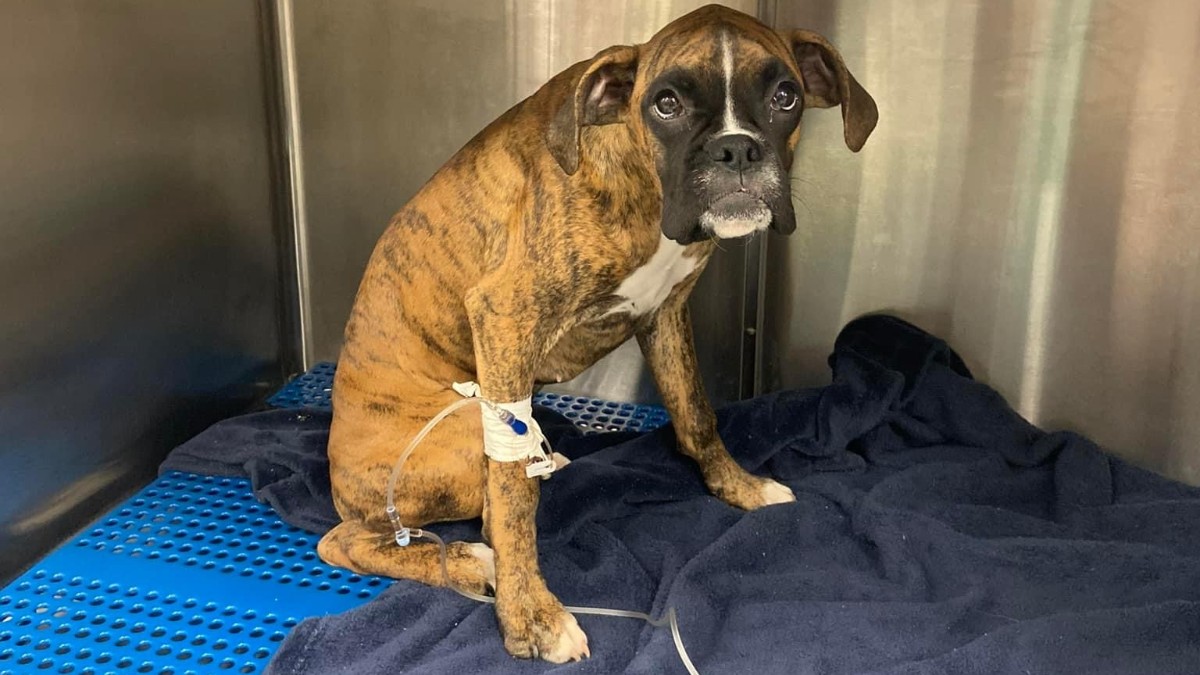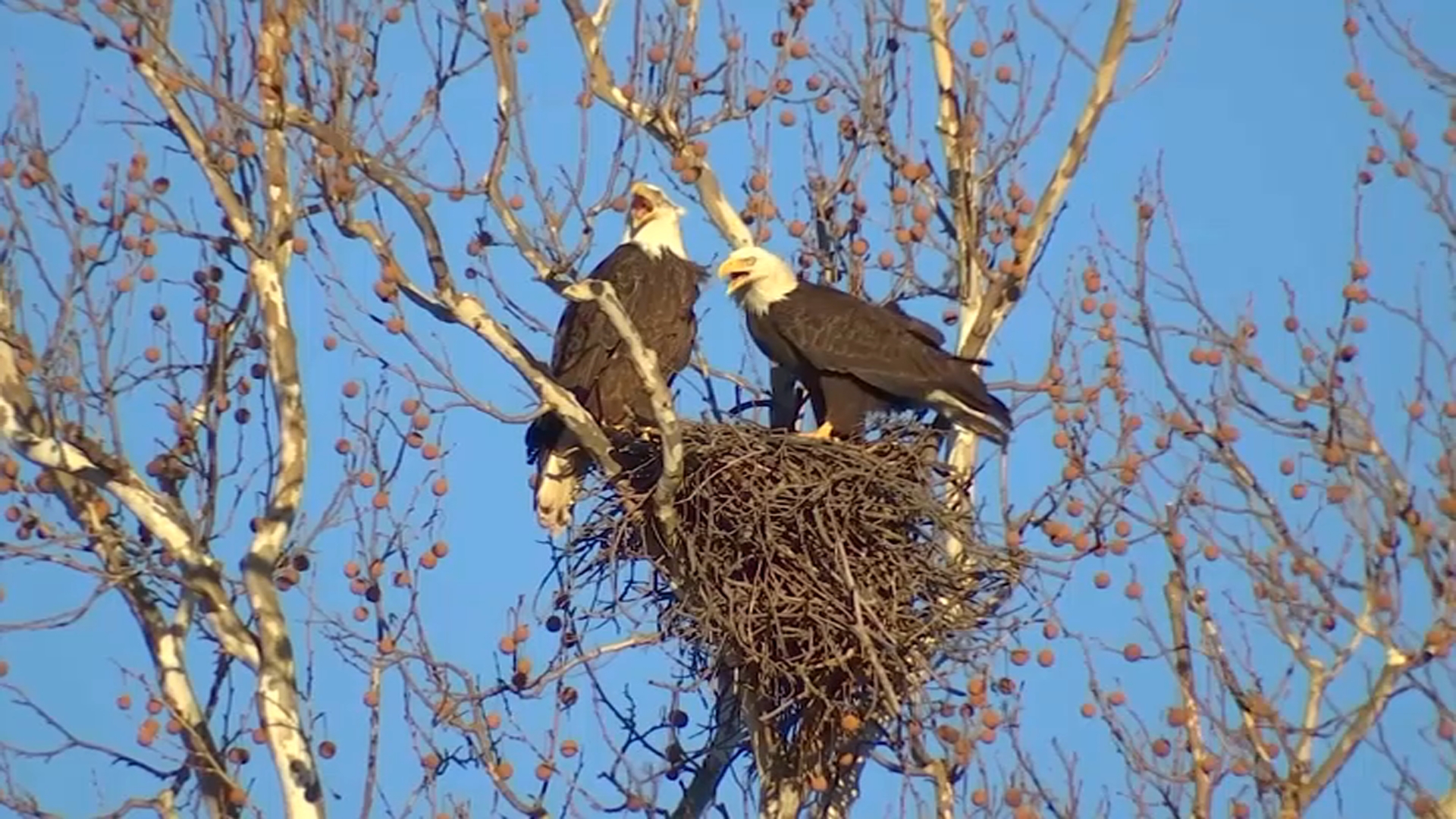After four months recovering from being poisoned by rodenticide, a red-tailed hawk took off in flight.
Wildlife advocates celebrated Friday's release of a red-tailed hawk that had been treated for rat poisoning for the past four months.
Advocates like Dr. Priya Patel of the New England Wildlife Center in Weymouth, Massachusetts, have spent years warning the public about second-generation anti-coagulant rodenticides, or SGARs, often found in commercially available rat poison.
WATCH ANYTIME FOR FREE
Stream NBC10 Boston news for free, 24/7, wherever you are. |
"When an animal ingests either the bait directly, or a rodent that has eaten the bait, the poison gets transferred secondarily to that animal, and it causes them to bleed uncontrollably," noted Patel.
Get updates on what's happening in Boston to your inbox. Sign up for our News Headlines newsletter.
Get updates on what's happening in Boston to your inbox. Sign up for our News Headlines newsletter.
She has treated all sorts of animals for over a decade for SGARs, many times on their deathbed.
"Nature has built in an incredibly powerful rodent control system," said Zak Mertz, the center's executive director of wildlife predators. "If we work with nature, we will work with our best resource instead of killing it off using these poisons."
A major wakeup call came in 2023 after MK, a bald eagle, died of the same type of poison after it was found in an Arlington cemetery. About a year earlier, a family of owls are believed to have died of similar causes.
Those concerns reached State Rep. James Hawkins, who recently filed his second bill addressing the issue.
"Everybody is eager to see this happen," he told a group of wildlife advocates before the hawk release. "We already have something like 70 co-sponsors."
The legislation would limit anti-coagulant rodenticide to emergency use and require its documentation.
"The time to stop this is now," said Patel.
The hawk that was released is expected to quickly re-adapt to the wild, but may run the risk of getting poisoned again.
The wildlife center advises people to check labels on their rat baits and ask pest control companies to provide an alternative to SGARs.




